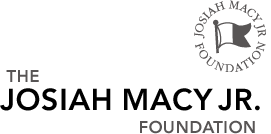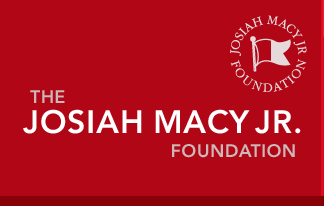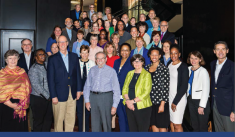Our Grantees
Across the Foundation’s priority areas, our grantees are working to improve the health of the public through innovative research and programs. The Foundation awards up to 40 grants on a rotating schedule each year.
Teaching Chronic Disease Care
A 2004 AAMC report entitled “Educating Doctors to Provide High Quality Care” highlighted the need for physicians in key specialties, such as medicine and family medicine, to learn how to care for patients with chronic conditions in ambulatory settings. This report from a panel of medical school deans, also acknowledged that medical education at both the undergraduate and graduate, or residency levels now focuses disproportionately on acute, usually inpatient, care and could not meet that need.
Their findings prompted the deans to recommend a redesign of medical education to give students the necessary experience in the ambulatory care settings where they would learn to work with patients with chronic care needs.
In response, AAMC established the Education for Chronic Illness Care Roundtable composed of leaders in internal and family medicine. After several meetings the group developed a set of principals to guide proposed changes and asked AAMC to urge its members to make the necessary changes.
This grant supports the development and implementation of chronic care education in both undergraduate and graduate medical education:
- After a national competition, AAMC will select 10 medical schools to integrate chronic disease care throughout all four years of their curricula. These awards of $50,000 per school for two years are to be awarded by June 1, 2006. Roundtable members will review submitted proposals, though final selection may take into consideration additional factors such as geography and type of school. The first year of the award will be spent in planning, the second year in implementation.
- Another part of the project, which takes into account the well-recognized problems involved in redesigning graduate medical education, will attempt to identify and overcome barriers to the redesign of residency, one of which is the need to apply for waivers from defined residency requirements. Waiver application will be a requisite to competing for funding. The scope of the Roundtable will be expanded to address the “barriers” problems, with forums at the end of the first year and at the beginning of the third year.




 11.13.18
11.13.18